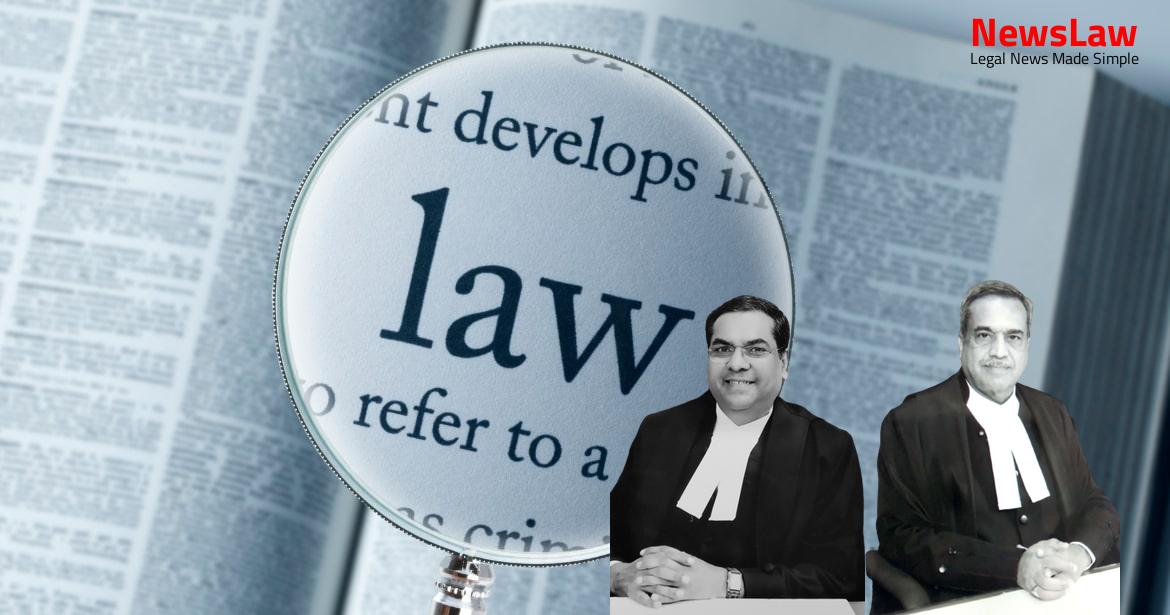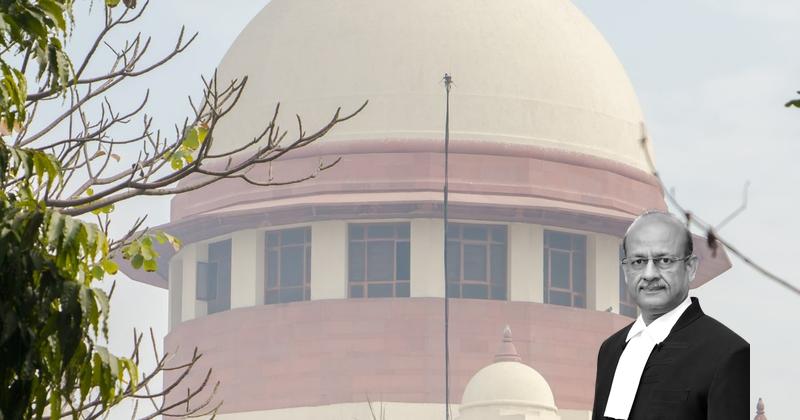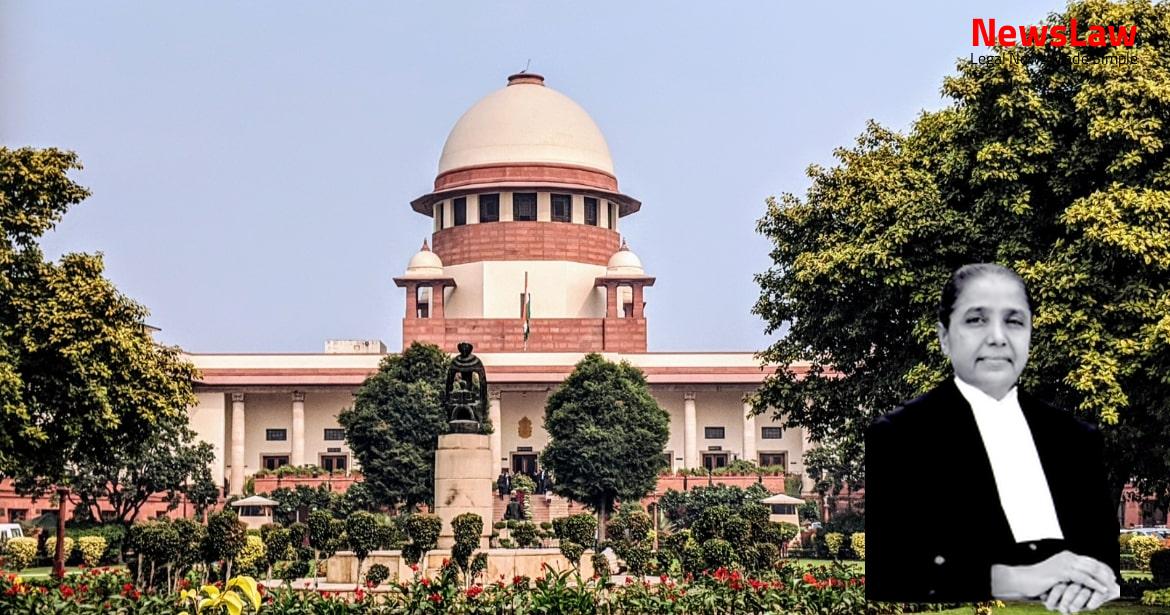The Supreme Court of India delivered a significant judgment in the case of State of Meghalaya v. Smt. X, highlighting the importance of adhering to the strict bail conditions outlined in the Narcotic Drugs and Psychotropic Substances Act. The case delved into the challenging issue of granting bail based on medical conditions like HIV, amidst concerns regarding the accused’s involvement in offenses related to contraband substances. This judgment sets a precedent for considering the dual aspects of the law and medical conditions when determining bail eligibility.
Facts
- The State of Meghalaya filed a Special Leave Petition challenging the bail granted to Smt. X in connection with FIR No.06(02)23.
- Smt. X, who is HIV positive, was granted bail on the solitary ground of her medical condition in a different case (FIR No.22(03)2023).
- Despite being in judicial custody for a different crime, bailable warrants were issued, and Smt. X was released on bail with conditions to cooperate with the court.
- The bail application for Smt. X in FIR No.06(02)23 was moved by her son, but she failed to appear in court initially.
- The High Court granted bail to Smt. X in connection with FIR No.06(02)23, with a condition to cooperate with the court process.
Also Read: Case of Compassionate Appointment with Eastern Railway Employees
Analysis
- Recording finding under Section 37 of NDPS Act is essential for granting bail to accused involved in NDPS offenses.
- The accused, Smt. X, was previously granted bail based on being HIV positive, despite opposition from the public prosecutor in a different case involving a smaller quantity of heroin.
- Bail should not be granted solely based on medical conditions like HIV, as it goes against the spirit of the law and sends the wrong message to society.
- Impugned order granting bail to Smt. X on the grounds of HIV without considering Section 37(1)(b)(ii) of the NDPS Act despite involvement in the commercial quantity of a contraband substance is a serious lapse.
- The Narcotic Drugs and Psychotropic Substances Act has stringent provisions for the control and regulation of narcotic drugs and psychotropic substances.
- The Act enables forfeiture of property derived from, or used in, illicit drug trafficking.
- In cases involving commercial quantities of drugs, bail conditions under Section 37(1)(b)(ii) must be satisfied.
- Court must ensure reasonable grounds for believing the accused is not guilty and not likely to commit further offenses while on bail.
- The Act was enacted to consolidate and amend the laws related to narcotic drugs, with a focus on controlling illicit drug trade.
- In the case of Collector of Customs, New Delhi v. Ahmadalieva Nodira, the interpretation of ‘reasonable grounds’ in Section 37(1)(b) and 37(1)(b)(ii) of the NDPS Act was discussed.
- The term ‘reasonable grounds’ was explained to mean more than prima facie grounds, requiring substantial and probable causes for believing the accused is not guilty.
- The satisfaction of twin conditions under Section 37(1)(b)(ii) was deemed cumulative, not alternative, and based on reasonable grounds.
- The decision in State of Kerala v. Rajesh reiterated the stringent criteria for granting bail under the NDPS Act, subject to Section 37(1)(b)(ii) limitations.
- The offence(s) in Bhawani Singh’s case were not under the NDPS Act.
- The twin conditions under Section 37 of the NDPS Act were not satisfied.
- The accused being an HIV patient cannot be the sole reason for bail.
- The impugned order did not adhere to Section 37 of the NDPS Act.
- The accused, Smt.X, is not entitled to be released on bail.
- The impugned order requires interference.
Also Read: Harmony and Dignity: Upholding Human Rights in Marital Discord Case
Decision
- Upon surrender/production of the accused before the trial Court, bail bond will be canceled and sureties will be discharged.
- Impugned order is set aside and trial Court instructed to take appropriate steps.
- Smt. X, being HIV positive, is entitled to benefit under Section 34(2) of the HIV/AIDS Act 2017.
- Under Section 34(2), legal proceedings concerning an HIV-positive person must be disposed of on a priority basis.
- The trial shall be expedited and disposed of as early as possible.
- Smt. X must surrender before the trial Court within a week, or she will be taken into custody.
Also Read: The Sentencing Dilemma: Supreme Court’s Decision in the Case of Attempted Murder Conviction
Case Title: THE STATE OF MEGHALAYA Vs. LALRINTLUANGA SAILO (2024 INSC 537)
Case Number: SLP(Crl) No.-016021 – 2023



